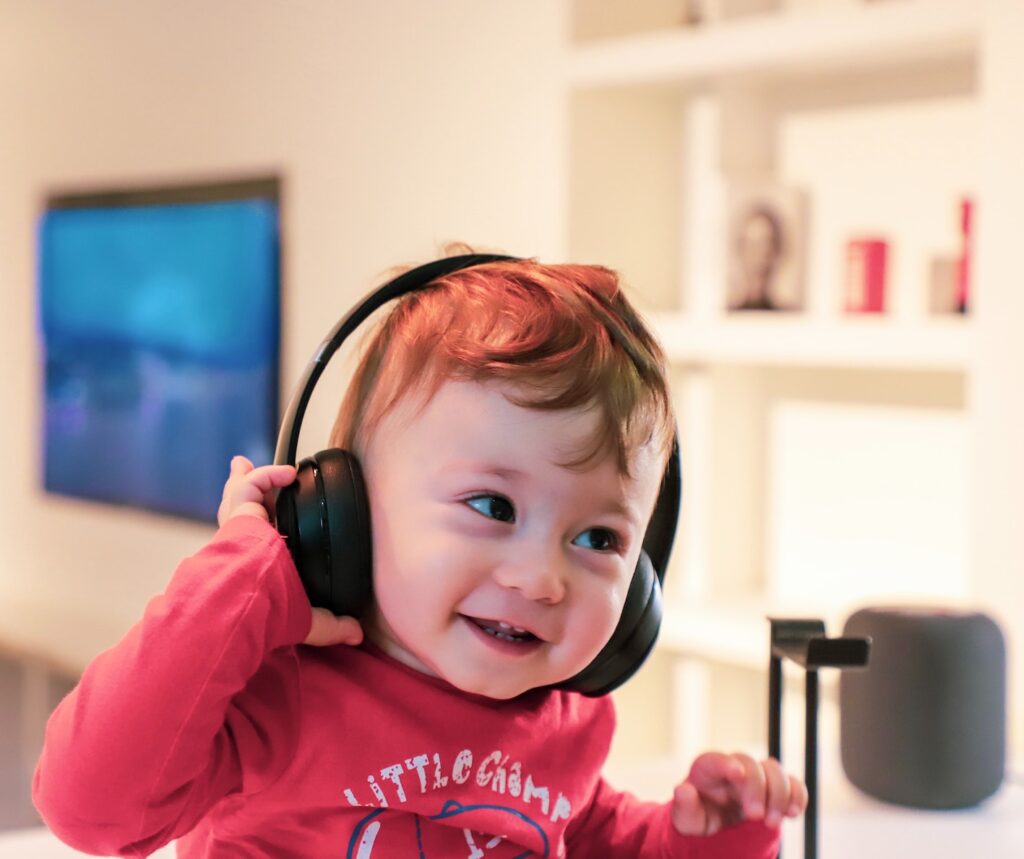“Music is a language that knows no boundaries and has the ability to unite people from all walks of life” (Tomatis®).
The Tomatis® Method is a specialised neurosensory program that helps people improve their cognition, brain and motor function. Its natural innovation makes it a non-invasive tool. The basis of the program is stimulating the brain through the auditory system to improve attention, communication, and learning. It can be viewed as a type of auditory integration training, which works on the main function of the ear: hearing, which is the gateway to listening and balance. The Tomatis® Method was pioneered by a French Ear Nose and Throat specialist (ENT), Dr Alfred Tomatis who stated that, “sacred sounds charge the cortex of the brain and stimulate health and wellness”.
The Tomatis® Method works by stimulating the middle ear. The activation of the muscles of the middle ear is a doorway to the nervous system. This stimulation forms the core of this method. It uses music, specifically Mozart and Gregorian chants that have been modified in a laboratory. Specialised gating and specific frequencies are used. The modified music is transmitted to the listener by normal air conduction (sound waves that travel through the air) via special headphones placed on each ear (ear specific), as well as by bone conduction (sound vibrations transmitted directly to the inner ear) via a vibrator at the top of the headphones (vibration from the top of the skull). This dual transmission of the sound at two different times educates the brain to correctly analyze sensory sound messages. This is what sets the Tomatis® Method aside from others.
Music training, including the Tomatis® Method, promotes neuroplasticity. Neuroplasticity is the brain’s ability to change throughout life. The Hebbian principle (neurons that fire together wire together) is what underlies it. The more you engage in any activity, the more consistently neurons are firing together, which results in stronger connections. What is unique about music training is its capacity to induce neuroplastic changes in all areas of the brain. You use your occipital lobe to read and interpret pitches and rhythm; the temporal lobe to process sound; the frontal lobe to attend to the music, inhibit irrelevant distractions and remember what just played, and the parietal lobe to integrate all of the incoming sensory information.
The brain stimulation and cortical arousal which occur as a result of the Tomatis® Method can have effects on the following: the auditory processing system, fine and gross motor skills, balance and coordination, attention and working memory, sensory processing, language, speech, reading, writing, comprehension, concentration, socialisation, emotions, depression, anxiety, stress, general behavior and other areas. The Tomatis® Method has also been found to help with learning a new/foreign language, creativity, and vocal training. Musicians and actors have benefited from it. Other structures that are affected by the Tomatis® Method include: the vestibulocochlear nerve, facial nerve, trigeminal nerve, and vagus nerve.
Bellavista School offers this powerful tool to help learners reach their full potential so that no child gets left behind. Once a learner is selected for this program, they undergo three intensives or cycles of listening. Each intensive lasts for 14 days of listening to the music. Between each intensive the learner receives a break period in which their system has the opportunity to reorganise, settle and come together. Benefits from the Tomatis® Method are not always seen immediately, they are long term. It’s important to remember that it is an additional form of intervention or a complimentary tool in conjunction with other therapies. It does not replace therapies or teaching. This method is used worldwide and has impacted many lives. “Music has a unique ability to impact various parts of the brain, from the way we move to the emotions we feel” (Tomatis®). For more information on the Tomatis® Method contact Bellavista School – www.bellavista.org.za




